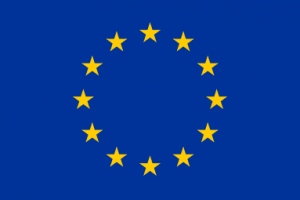Soon it's going to be a year since we had the opportunity to listen and talk with Andri Magnusson, the Icelandic writer who has taken as a personal quest the protection of glaciers by employing a very simple yet powerful and deep tool: language and narratives. His last and most famous book, "On time and water" conveys a collection of messages, stories and knowledge from unknown times that flow together as in a river, making our understanding blossom and provoking a sense of strange-making that feels familiar. And here I say "feels" because, through his words, data becomes much more than a number, but a call to action, a pair of hands shaking our shoulders, an awakening light. The melting glaciers, our sleepy answers to what nature is showing us, and our inability for a radical decision to make the temperature sink are some of the pictures we face while reading his stories.
Andri reflects on this lack of languages, which is making us pay a high price: the apathy and lack of empathy can be explained by a lack of understanding and therefore, his claim for new languages is as loud as the one made by Aldo Leopold a century ago. Leopold could also perceive that our comprehension of cranes and their cry, a trumpet in the orchestra of evolution, was limited and that cranes were symbols of our untamable past. Contemporary artist Christine Sum Kim's huge drawing at the MoMa in NYC, "The sound of temperature rising" also pulls our attention to sounds we are ignoring. Are we losing our hearing capacities as well?
With glaciers being sacred cows, and rivers seen as nurturing milk, Andri invites us to wrap ourselves in the universal blanket of stories, not to bring us to bed but to awaken our hearts and refresh the sense of urgency.
In FEDORA's mid-journey, we have invested time in talking about the gaps and misalignments we see, these unfilled empty holes, the new languages we need to give existence to the set of skills that will help us enhance the comprehension of our powers for shaping the present and the future. People don’t always understand data, but they always understand stories, a scientist told Andri. We are bringing our creative powers into craft work, so we contribute to stories that will be told, heard and embodied by teachers, students and us, researchers.
